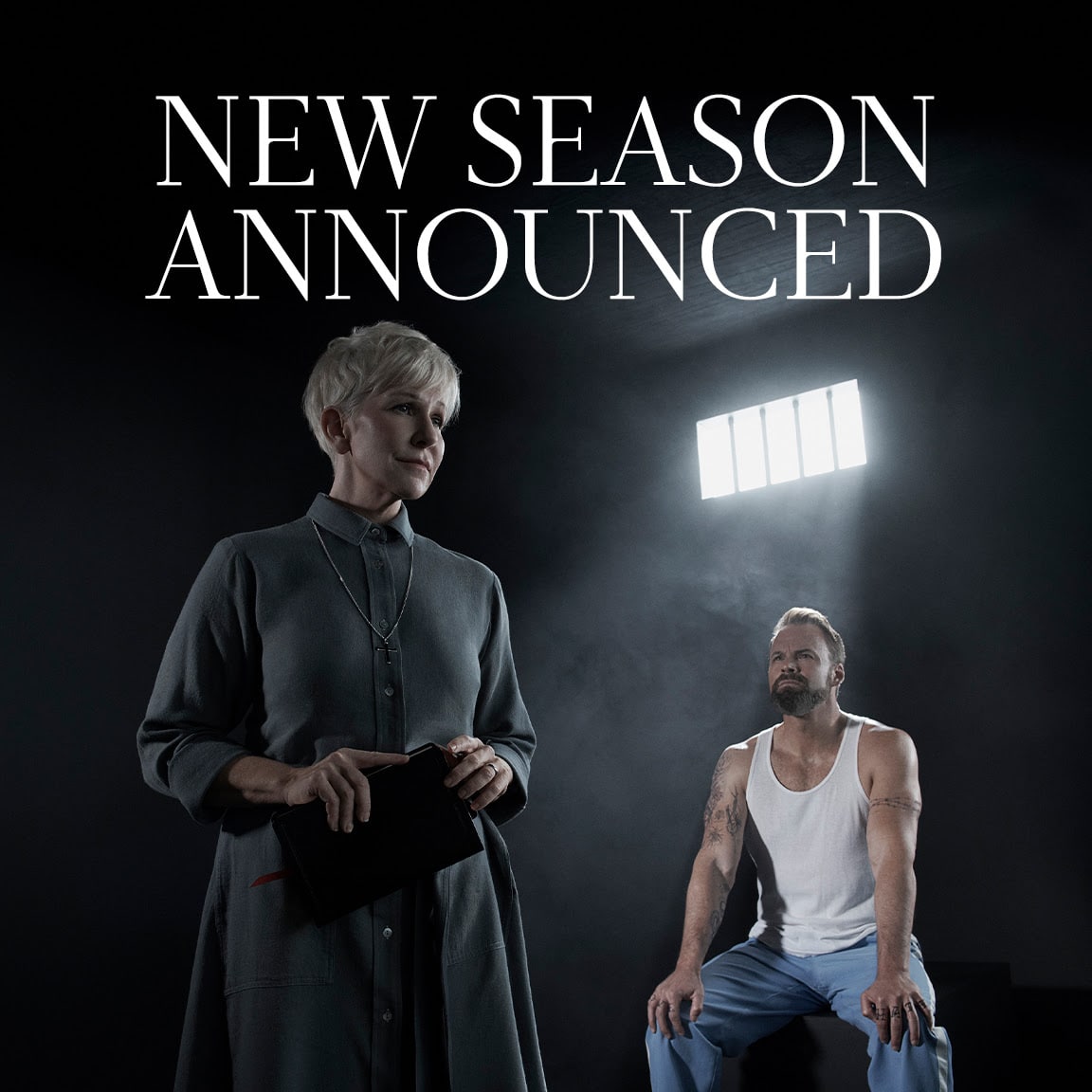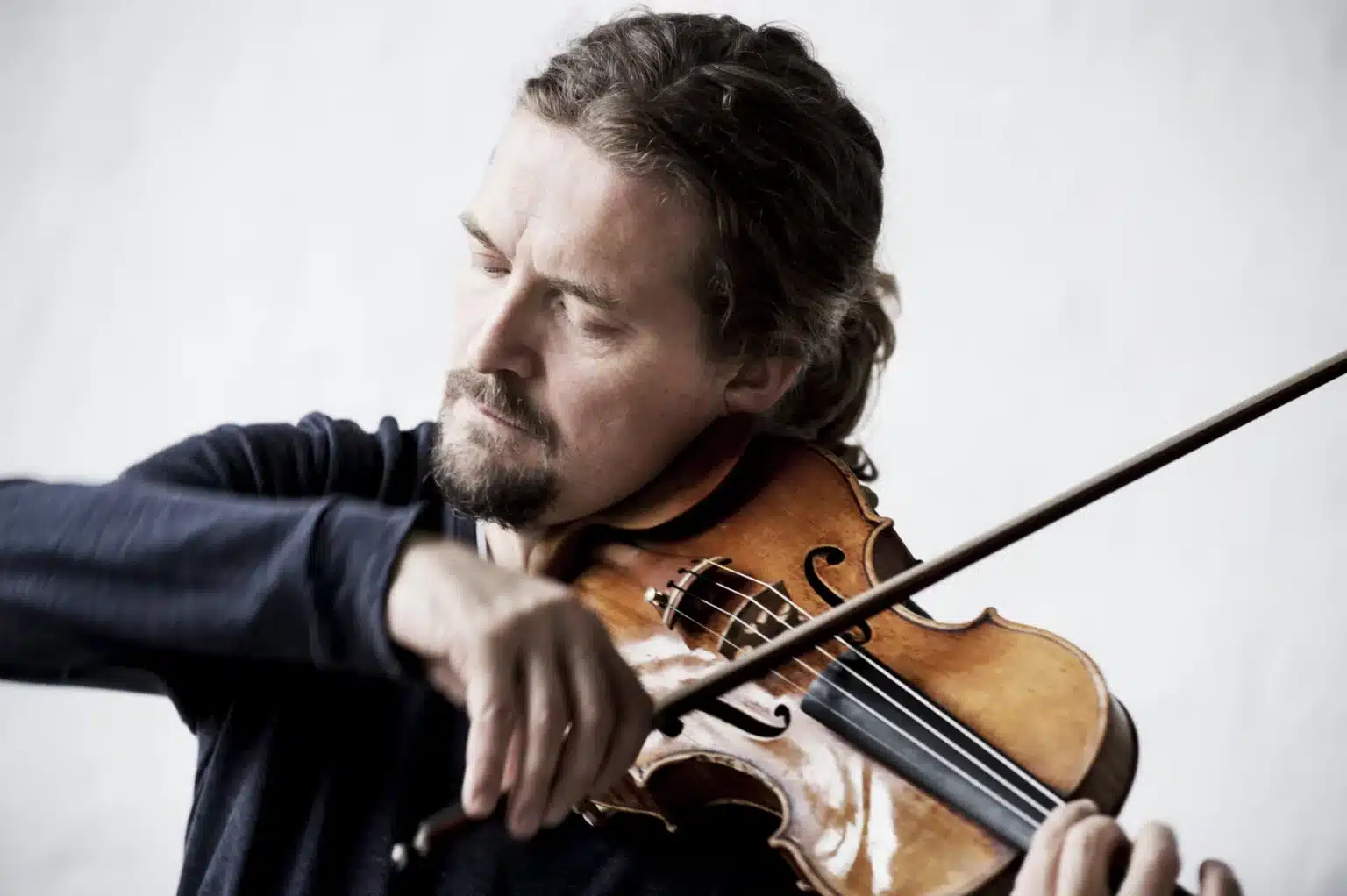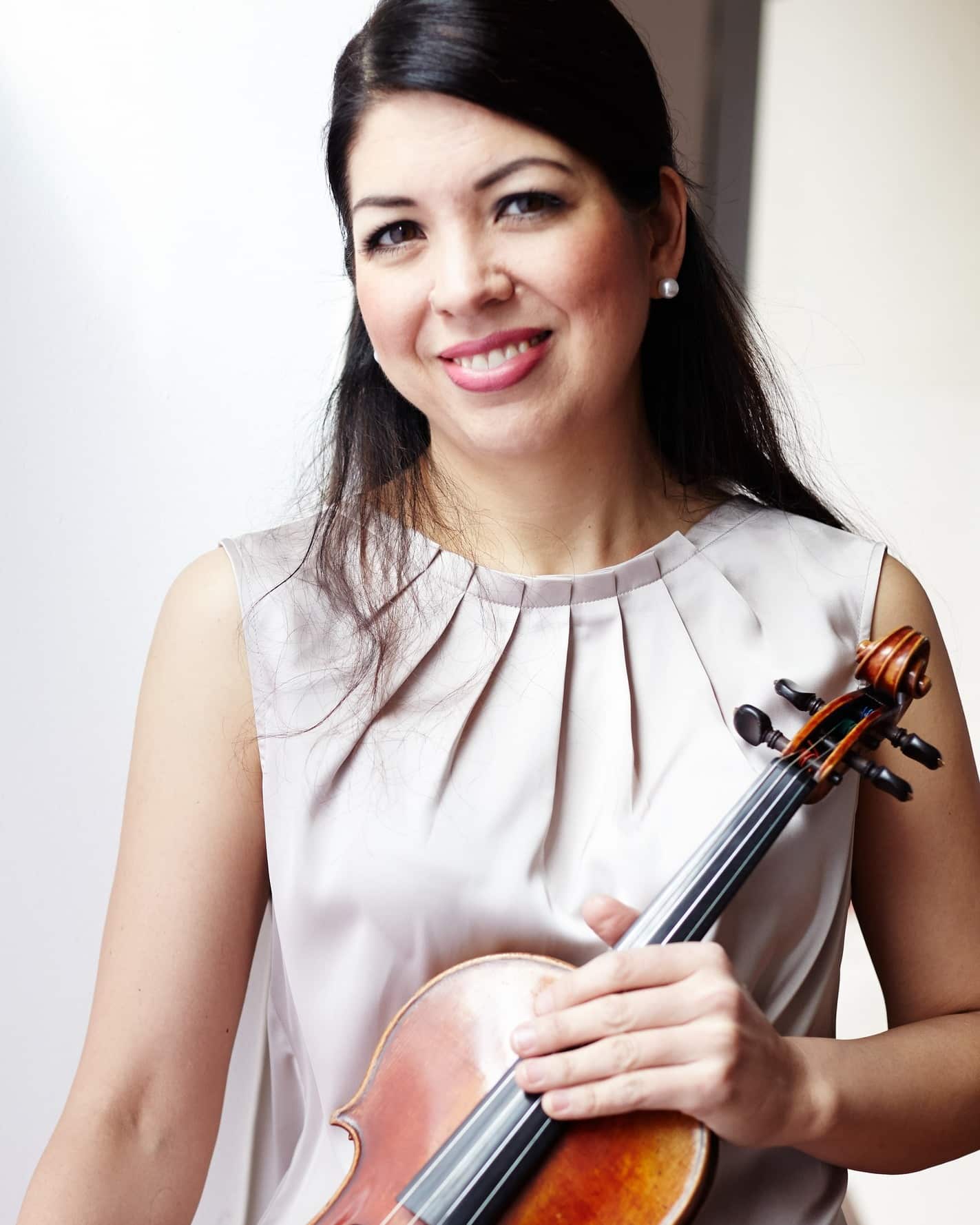A Met fan details what’s gone wrong
OperaMatthew Paris shares his thoughts on the problem:
I’m one of the Met audience who has stopped going to their enterprise after enjoying opera there going back to the 50s. I can tell you why. First of all half the operas they put on are done in gross travesty visuals by regie-directors who have no idea that the function of an opera production or theatre show of any kind is to present the intents of the composer and librettist, or don’t care whether that is honest directing. I’ve even seen a Carmen there where the director had the stomping of feet drown out the overture. Overtures aren’t an excuse for mounting dumb shows.
From a hapless ignoramus like Peter Gelb down these honchos there aren’t musicians. They can’t discern what might be of value and what is politically orthodox posture. They need an artistic director who values what opera is: High art and a harvest of genius. They had one and their humiliated and fired him. Nobody at the Met has the taste or the clout to say this is not what the audience wants.
There are many ways to honor these goals but setting an opera in Las Vegas or a Kansas City high school lunch room are not two of them. Opera going and full houses stands or falls on the musical genius of the composer. It’s not about the supposed ingenuity or petty politics of the production. They don’t deserve the fruit of egoistical mediocrities at war with the opera.
Secondly if nobody at the Met or elsewhere can figure out how to avoid living composers and librettists, real enough but creatures of deadly political orthodoxy, there are at least fifty to a hundred operas I’ve never seen live but have taken in on thankfully on YouTube that the Met might do with some success if they purged themselves of regie-directors. The late City Opera was able to mount decades of successful seasons based on their correct but once audacious assessment that many bel canto operas were filled with genius. They also were aware Handel had turned out several of them. Even they hardly touched the work of the geniuses of the French and Italian baroque. They always had a full house for the three extant Monteverdi operas.
Knowing what ling and dead composers might write a viable opera requires taste and knowledge of who has had those skills. It usually isn’t professors. It might be movie musicians like James Horner. The only great Western Academic and great opera writer was Cherubini. The Russians had Anton Rubinstein and Rimsky-Korsakoff. Both were in many ways pariahs.
Thirdly because the people in charge at the Met some to come from nowhere they don’t value American operas even though their audience are nearly all Americans and the Met is set in an America city. One might ask whether or not American composers who have written operas are ever done by the met. The late City Opera did some of them but the Met never did.
The general implosion of the Met is not an isolated event. We have all sorts of institution who once were viable that are no longer what they had been from publishing to theater to museums that advertise viable work done 100 years ago by the now dead as ‘modern art”.
None of them can do what they once did because they are hollow vessels inhabited by unqualified people from top to bottom. Moreover with such ignorant officers they’d rather go kerplunk that look for remedies and adaptions that are for them unimaginable and beyond them. Then, since they are carpetbaggers, they will take the same policies to do in other temples of High Art elsewhere, maybe Toronto .
I think one of the inarticulate critiques of these times is that nobody now is interested in High Art. They think High Art is monarchical. It is true that almost all High Art was financed by monarchies and institutional religions. It does have a formidable quality pharaohs and hierophants aim for. To be daunting to the innocent., isn’t history taught as the rise and fall of such people?
Operas are compromised by geniuses who some nobleman or prelate has the sense to value. Opera audiences are mostly enthusiasts of elevated shabby genteel folk. Opera going is not as casual as hamburger gobbling.
Recently you noted there’s nobody to replace Alfred Brendel playing Beethoven. Well, there are such people but they are turned out mostly by Asian musical schools. I heard some great basso and tenor from Korea at a Met gala a few years ago. One of the reasons Brendel was as good as he was came from an ethic of driven hard work. One can’t play the piano mechanically well without it. One also can’t be an ideal Met performer or compose an opera without being a kind of radical and sometimes even twisted spirit that thrives on hard work.
We even need an audience like that. Nobody is going to listen to Moses und Aron or Mose et Pharoan when they are trained only to half-listen to Guy Lombardo oldies in an elevator. There’s nothing wrong with Guy Lombardo; there are other ways to make music.
One takes that value of ferocity of Schoenberg or Rossini out of the society and you get what we’ve got.






Comments